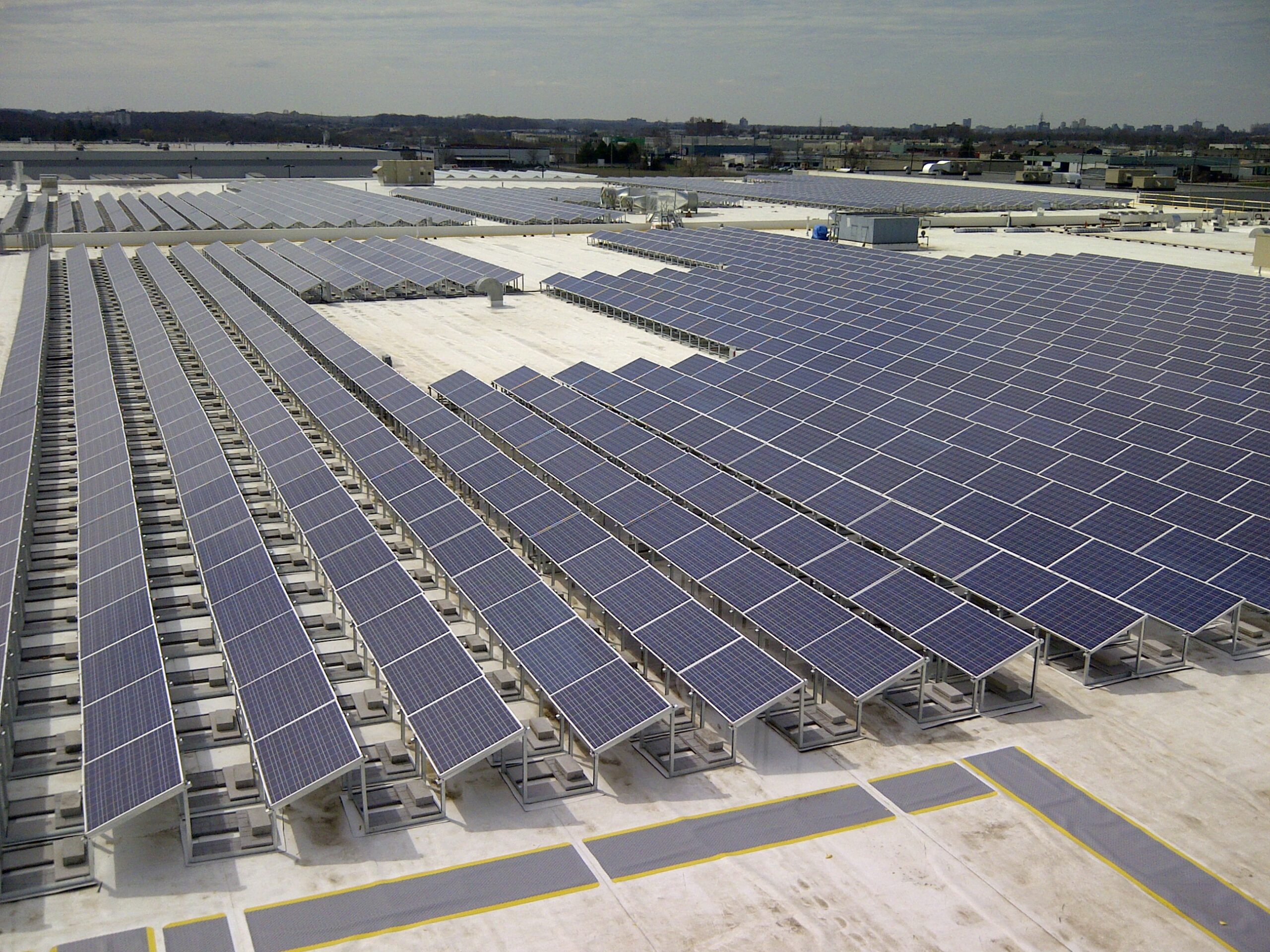According to various experts, and many of my friends on social media, 2015 is going to be the hottest year ever.
Many of us are concerned about environmental issues like climate change, but don’t know what, personally, to do. I am often overwhelmed by the severity and complexity of the issues, which causes me to question whether all my composting, biking and farmer’s market shopping are really helping to create a greener human population that this planet can sustain.
Environmental problems are systemic problems, and so my individual actions can feel useless. They do not contribute obviously to any systemic change.
What’s more, changing our consumption patterns can be expensive, and it’s tough to know who should pay for the reduction of greenhouse gas emissions.
With these doom and gloom filled apprehensions I approached Kitchener-Waterloo’s Residential Energy Efficiency Program (REEP), to gain their perspective on the dilemma between our individual choices and the system within which these choices are made.
REEP is a charity and social enterprise that gives people the resources to make energy and water more sustainable, and they work primarily with homeowners to support their energy efficiency goals. Assuming that the real polluters are industry and agriculture and that tackling residential energy use was missing the forest for the proverbial trees, I wanted to know if residential efficiency was a worthwhile cause in the first place.
According to REEP’s Executive Director, Mary Jane Patterson, 22 per cent of carbon dioxide (CO2) emissions in Waterloo Region come from residential energy use. This is five per cent higher than the Canadian average, and so our region in particular could reduce its energy use by improving energy outputs at the residential level.
The challenge, then, becomes how to make these changes possible. Financial incentives play an obvious role in determining whether or not people will actually put a plan in motion to make their homes more efficient. Up until 2011, the federal government provided a financial incentive for homeowners to not only get an evaluation but also to take actions that would make their homes more energy efficient. That financial incentive program has now ended, and Patterson says that the demand for making changes to energy efficiency in homes in Waterloo region has decreased. REEP has had to seek alternative ways to convince people to make home energy efficiency a priority, but without that financial incentive, fewer people have gotten their homes evaluated or taken actions to reduce their energy consumption.
Patterson expressed hope that the incoming Liberal government will re-institute some financial incentives.
One problem with the current focus on residential energy efficiency is that it is specifically geared towards homeowners. About one in three Canadians rent their home, and the same is true in the Region of Waterloo, where there are nearly 200,000 renter households.
For many of us renters, residential energy efficiency means investing in some extra layers of clothing and keeping the heat at a low temperature. Unless landlords pay for utilities, they have few financial incentives to make their rental properties more efficient. Patterson acknowledges that there may be opportunities within this demographic to pursue some improvements. Renters tend to be lower income, so potential efficiency savings should be more attractive, given the right incentives.
While government figures out, with our input and pressure, how to respond to the big issues, I am going to keep biking, composting, and buying my carrots at the farmer’s market.




Leave a Reply